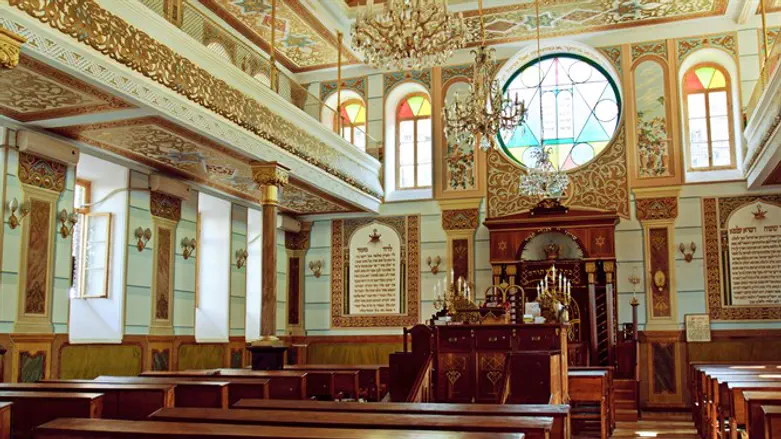
On Shavuot we were asked by G-d to reaffirm our faith in him by renewing our faith, obligations, responsibilities to obey his commandments. We had the chance to once again review our contract with G-d and make sure we are living up to our obligations.
It’s a nice and enlightening feeling to know that G-d trusts us. G-d made us the longest living partner-nation and has not changed the contract since its inception 3,332 years ago on Mount Sinai. However, we must do our part.
On Thursday night we once again celebrated the wonderful holiday of Shevuot. It was in the year 2448 of creation that we were given The Holy Torah. At that time the entire Jewish Nation gathered in the dessert surrounding Mount Sinai. Every Jew that was alive witnessed the event and bears witness to the revelation. The Neshamot-souls of the yet to be born and converts were present, agreeing to sign the contract.
In a contract there are two sides that draw up conditions to be kept by both. Rewards, punishments and consequences are agreed upon.
On Shavuot we promise to be faithful, and G-d promises we will be His favorite. We give G-d spiritual delight and enjoyment by obeying the commandments. G-d in return blesses His faithful Jewish nation with the very best life can offer. We delight in our partnership as G-d takes joy in seeing a happy nation. But we must make sure we bring The Almighty G-d satisfactions with his Jewish partner.
A story is told of an ancient house of prayer in Europe that possessed an eerie sound. When entering the prayer room, you would hear a continuous sobbing sound. The closer one would walk to the ark, the stronger the sobbing was heard. The old caretaker, the shamash, would tell of a story he had heard from the older shamash relating to the phenomenon dating back hundreds of years:
There lived a saintly man, a tzaddik, who prayed and fasted all his life. The saint was as close to an angel as possible. One night while in deep prayer, he heard G‑d’s voice calling to him.: “My son, tell me what you need and I will grant it."
The saintly man thought and thought. I have clothing to wear, my health is good and I have a place to pray. I don't need money. "Nothing dear G‑d", the saintly man answered.
There was silence and then a loud sob. Thunder and lightening filled the air. G‑d's voice thundered out.: “Why did you think of yourself, you should have thought of me. How I suffer for My people, for mankind, and justice for the poor and needy. Why did you not think of my suffering? Why did you not ask that my suffering cease?"
The saintly man realized his sin and was too troubled to speak. From then on he grew weaker and weaker. On his deathbed he told his most trusted students his tragic story.
From that day on, when entering the prayer room you could hear the sobbing, as if the prayer room was crying for G‑d's suffering, for the lost opportunity.
Pray for an end of suffering: your suffering, my suffering and, most of all, G‑d's suffering.
Rav Eli Hecht is Director and Founder of Chabad of South Bay, Lomita California, former President Rabbinical Council of California, and Vice President of the Rabbinical Alliance of America.